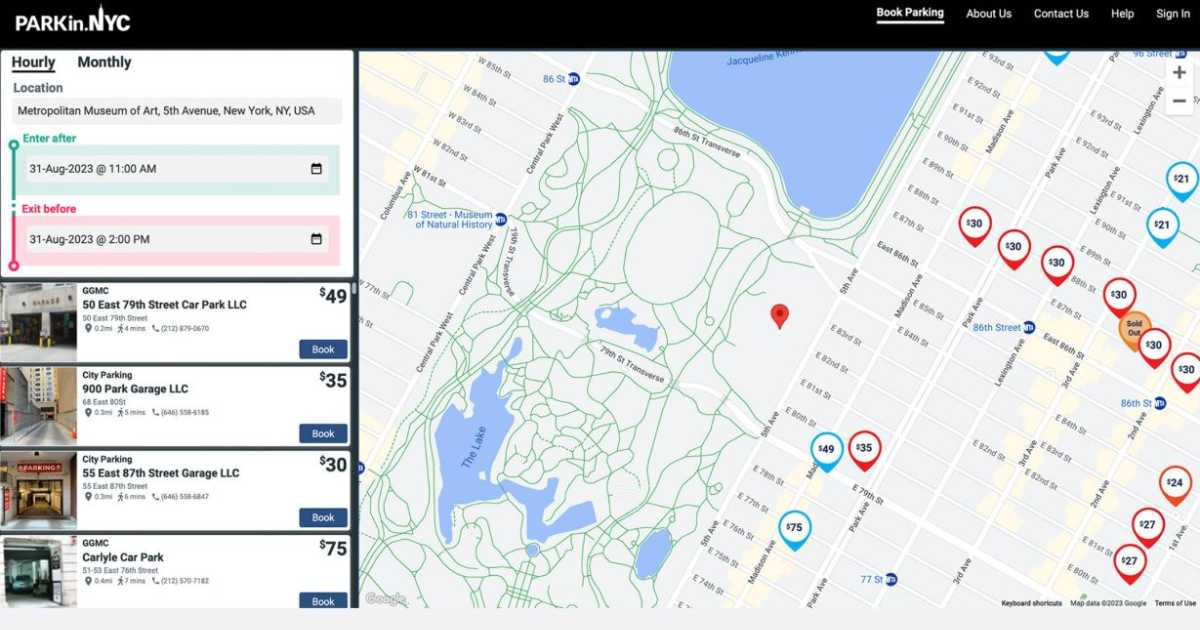Putting the Power of AI to Work for CRE

The business case for AI in commercial real estate is coming into clear focus. When combined with deep operational data, AI can improve property management, generate more accurate valuations and provide keener market insights. It can also reduce operational costs and save staff time. CRE stakeholders embracing AIís impact on the industry are already empowering themselves with data-driven approaches to decision making. Further, they are leveraging AI to improve day to day operations including optimized AP processing and customer service. Following are three ways AI is revolutionizing CRE with tech you can implement now.
Chatbots to enhance service and save time
A chatbot is any software solution that simulates conversation using natural language through text or voice interaction. OpenAIís ChatGPT, Googleís Gemini, Metaís Llama and Anthropicís Claude are examples of large language models (LLMs), which draw on vast amounts of data to predict the next word and answer a question or suggest a solution to a problem. Common uses for ChatGPT include writing emails, proofreading and other everyday tasks. Businesses are employing chatbots most often for customer service. In the multifamily sector, owners are using this type of AI to respond to resident questions and maintenance requests, as well as to provide prospects with information about properties. Research shows that a smart chatbot can significantly reduce the number of days it takes to convert a lead to a lease. With regard to saving staff time and optimizing efficiency for maintenance processes, during a call to report a clogged sink, for example, a chatbot can take the resident through steps to resolve the problem before issuing a maintenance request or connecting them with a property team member. Managers at office, retail and industrial properties can use ChatGPT in similar ways. Yardi employs ChatGPT in its natural language processing solution to improve the accuracy of its responses to client questions. Yardiís chatbot now resolves 80 percent of inquiries that previously required the attention of a customer service representative. As a result, team members are freed up to tackle requests and issues where solutions arenít readily available and more expertise is required.
Web content solutions to ensure compliance
A widespread lack of website compliance with the Americans with Disabilities Act (ADA) touched off a wave of federal legal challenges beginning in 2018 and litigation is not expected to slow down. By creating environments where website users can participate equally, operators can avoid this legal risk and foster seamless interaction with digital content. In recent years, emerging AI platforms in web development have begun to provide solutions to address ADA compliance issues, according to Equally AI, a developer of website accessibility software. Screen readers and natural language processing can analyze and interpret web content, providing auditory cues to assist users with visual impairments, for example, while conversational AI speech recognition capabilities allow users with mobility impairments to interact with websites through voice commands. AI-powered captions and transcriptions provide similar benefits to those with hearing problems. Other solutions include AI-driven interface enhancements such as adaptive design and intelligent navigation, which can adapt websites based on user preferences and behaviors.
Machine learning to automate tasks and reduce costs
In recent years, Yardi employed a full-service invoice processing center for 60 million annual client invoices, where teams would manually scan, key and code invoices into client environments. This would then initiate the workflow for invoice approval. But over the last three years, the company has migrated that activity to machine learning. Vendor names, invoice numbers and line item details are now encoded into the accounting systems for fully automated processing. Employing machine learning to this tedious, time-consuming task has not only improved accuracy but has also produced cost savings, which Yardi is passing onto clients. ďThese are very simple tasks, but the machines need a lot of data and experience to achieve a high level of accuracy,Ē said Brian Sutherland, a Yardi vice president. ďWe certainly have that data at scale.Ē Similar endeavors Yardi is working on include a lease extraction solution. That will pair machine learning with a chatbot to identify, collect and organize lease expiration dates, rent step-ups, options and other pertinent information that is typically buried in dense contract verbiage, making it difficult to locate. The technology will then format the information in abstracts for easy retrieval by clients.
Data to visualize and drive performance
In these ways and more, AI has enormous potential to reshape CRE. Chatbots, machine learning, large language models and other AI technologies are already helping adopters envision business and industry-wide evolution. AI will quickly move beyond simply automating data-intensive manual tasks to become a new type of personal assistant. In this role, it will be able to crunch data about building permits, occupancy, the cost of capital, labor costs, rental rates and trends, comparable sales, demographics and other metrics. Having digested all those variables, AI tools will be able to advise landlords, investors, executives and property managers on investment and development, rent pricing, concessions and capital improvements among other complex decisions.
Moving forward, AIís effectiveness relies on harnessing and analyzing large quantities of data. While information aggregators have refined their methods over the last few years, the CRE industry remains somewhat opaque. Fortunately, the information needed to successfully enable AI solutions exists Ė the key is to structure it for easy consumption and connect it for effective leveraging. We have a lot of data at our fingertips, and our focus is to expose the right data at the right time to the right people, along with prescriptions to drive enhanced CRE performance.
This Week’s Sponsor
Yardiģ develops and supports industry-leading investment and property management software for all types and sizes of real estate companies. Established in 1984, Yardi is based in Santa Barbara, Calif., and serves clients worldwide. For more information on how Yardi is Energized for Tomorrow, visit yardi.com.
Read Next
 3/27/2025
3/27/2025
The Convergence of Edge Computing, Cloud, and AI in Building Automation and Smart Buildings In the built environment, we have seen the convergence of Operational Technology (OT) and Information Technology (IT), later expanding to include Workplace Technologies (WP).
 3/27/2025
3/27/2025
DC Power: A Holistic Approach to Energy Savings in Commercial Buildings In today's energy-conscious world, businesses constantly seek ways to reduce their carbon footprint and operational costs.
 3/13/2025
3/13/2025
How to Achieve Eco-Friendly Facility Management Commercial real estate operators and facility managers are focusing on sustainable practices to minimize environmental impact, create healthier workplaces, improve productivity and lower operational costs.
 1/23/2025
1/23/2025
When It Comes To Managing Propertiesí Parking, Technology Is Key Itís easy for developers and real estate owners to think of parking as a necessary evil. They know they have to provide it (often, because itís mandated by code), they understand that prospective tenants and buyers expect to be provided parking, but they havenít figured out how to maximize its value.






.gif)




